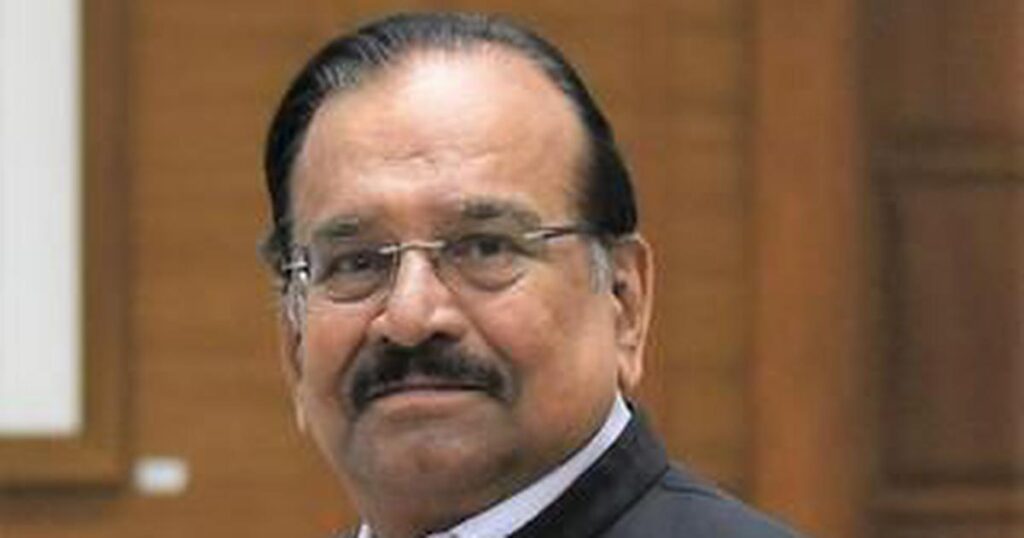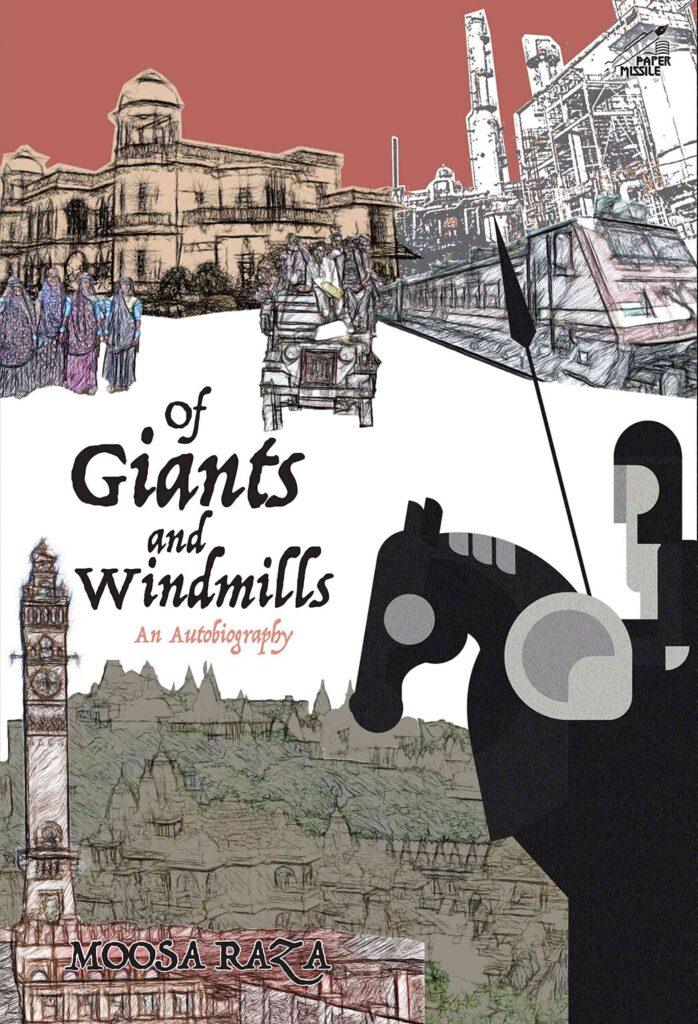TAMIL NADU / INDIA :

Even though there were pockets of tribal-populated areas in Bulsar district, such as Dharampur and Bansda, the district was, by and large, known to be fertile and well served by the monsoon. The southern part of the district contained large tracts of grasslands, mostly owned by the Desais and Parsis. Most of the districts of peninsular Saurashtra, however, had no irrigation facilities. This was before the Narmada Canal took the river water there and solved the problem of both irrigation and drinking, with the rare exception of Junagadh.
I had served in one of the most arid regions of Saurashtra, Surendranagar – rich in history and political leaders and poor in soil fertility and irrigation facilities. Saurashtra was also poorly fed by the monsoons, and since no perennial rivers pass through the region, no large reservoirs, too, could be built to retain substantial quantities of water.
The year 1972 proved a very difficult year for both Saurashtra and North Gujarat. That year the assessment revealed that almost 12,000 out of the 18,000 villages of Gujarat had a harvest of less than 25 per cent. The government, therefore, declared famine conditions in those 12,000 villages, that is two-thirds of the state, and applied the Bombay Famine Relief Code to provide regulated relief.
Since the state faced a major calamity with two-thirds of its population of humans and cattle facing the threat of death by hunger and thirst, the Cabinet met almost every day since the moment the assessment figures came to be known. They had known what had happened in the tragic historical famines in Bengal, Kashmir and Madras, where thousands had perished – parents sold their children, sons abandoned their parents and there were rumours of cannibalism in some pockets. A major famine in Gujarat was quite a scary prospect for the government.
One fine morning, in September of 1972, I was basking in the cool breeze of the sea blowing from the Indian Ocean in the west. After a great deal of persuasion and bribery, my daughter, Gazala, who was all of four years, had agreed to go to school. Then the telephone rang. It was KN Zutshi, the revenue secretary, on the line.
“There was a Cabinet meeting this morning to review the scarcity situation. It was decided to post you as director of famine relief to take charge of the relief operations. You better pack up and move over to Gandhinagar. The chief minister wants you here yesterday. You have 48 hours to reach here. Handover charge to your resident deputy collector,” he ordered me.
Though I had been in Bulsar for more than three years, the normal tenure of a collector, still the sudden transfer came as a surprise. Bulsar was such a pleasant district to govern – open-minded and reasonable people, able and committed staff, and a flourishing club that I had established. When I announced my transfer to my officers as soon as I reached the collectorate, there was all-round consternation. By noon, the whole district had come to know of the transfer. As I was having lunch in my chamber, the peon announced that a delegation of MLAs from the district wanted to meet me.
“Sir, there are so many development works going on. All surplus land has not yet been taken over from the Desais. You cannot leave the task half-completed. You should not move,” they said.
“I have completed my tenure here. If the government wants me at Gandhinagar, I have to move,” I said. Left to myself, I would have liked to serve another four or five years in Bulsar. I learnt later that all the MLAs of the district, including those from the opposition, had driven to Surat. They had persuaded Zinabhai Darji, the president of the state Congress, to accompany them to Gandhinagar to persuade the CM, Ghanshyambhai Oza, to cancel the transfer. One of the MLAs later told me that the CM had asked them only one question.
“Is Mr Moosa Raza unhappy with this transfer? Does he want to stay back in Bulsar?”
“No, sir, but we want him there in the interest of the district.”
“Don’t you think that the larger interest of the state should override the interests of a single district?” the CM had asked reasonably.
They had no answer. The next day, after handing over charge to the resident deputy collector (RDC), I drove down to Gandhinagar to call on the CM. I had known him during my tenure in Surendranagar, his hometown. Having been a member of the Parliament for two terms, Mr Oza was a suave and polished politician, exuding politeness and bonhomie at every movement. He received me graciously, and as I was taking my seat, he pointed to a large pile of telegrams on his table.
“Do you know what they are?” he asked me with a smile. “No, sir,” I replied truthfully.
“Over 500 telegrams from Bulsar district requesting me to cancel your transfer.”
“I had nothing to do with them, sir,” I said. But I would have been less than human not to feel pleased at this show of appreciation from the people I had served.
“But I had to disappoint your fans in Bulsar. The state is facing a severe challenge, and your work in Surendranagar, Surat, Bulsar, and Dangs has convinced the Cabinet that you are the best officer to shoulder the task.”
“We have done a preliminary survey and made an initial assessment of the various requirements. A budget of Rs 120 crore has been sanctioned. Your mandate is to ensure that not a single human life is lost for want of food and water, all cattle are provided fodder, and all villages supplied with water. The Land Revenue Code mandates that the able-bodied villagers are not given doles. That encourages a dependent mindset. You have to organise relief works through which all those who can work are provided employment. The wages should be paid every week. The revenue department will brief you on the organisational arrangements. So, get cracking.”
The next port of call was Mr Zutshi, the revenue secretary. Mr Zutshi, as his name indicated, hailed from a family of Kashmiri Pandits. An old-style civilian, with impeccable credentials, he believed in management by the book. He would not deviate an iota from the rules, and everything had to be put down in black and white before he would commit himself to a course of action. Though he used the telephone as a necessary evil, he would not trust any conversation carried out on that unreliable machine.
One had to go over to his room to discuss even petty issues.
“Bhai, Deolekar has prepared an organisational chart for you. We think you will need around ninety staff to manage this huge operation. I think you should speak with him, and he will help you to get the necessary staff in place. We will ask the various departments to depute the needed staff. The PWD will provide the furniture and other necessary equipment,” he said.
The PWD would naturally dispose of its rejected furniture – broken, roughly repaired and not required by others. Also, the staff would be from those divisions where they had proved their dispensability. I would, therefore, start with a severe handicap, which would never be overcome during my entire tenure as a director of famine relief. Nor would I be able to successfully meet the challenge of the worst famine Gujarat had seen in its decades-old history with rejected equipment and discarded staff.

source: http://www.scroll.in / Scroll.in / Home> Book Excerpt / by Moosa Rooza / December 05th, 2022








